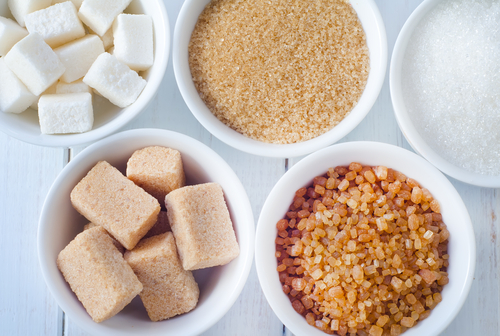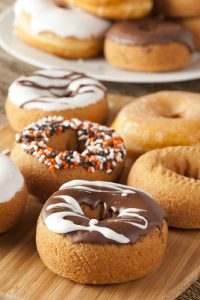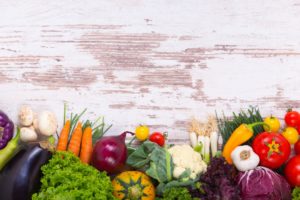Peace of Mind: Raising Serotonin Levels
Peace of Mind: Raising Serotonin Levels
Want to raise your "feel good" levels in your mind and body? Of course you do! Keep reading to see just how easy it is to start and what types of foods can naturally help create smiles on that beautiful face of yours!
Serotonin
is a brain chemical responsible for regulating many of the functions in your body that contribute to your overall health and well being happiness, and feeling of fulfillment. People who have a lot of stress or suffer from different types of anxiety disorders generally do not have enough of it.
Tryptophan
is an amino acid that leaves people feeling relaxed and elevates moods in people. It is also a hormone found in foods that serve as a precursor for serotonin, a neurotransmitter that helps the body regulate appetite, sleep patterns, and mood.
Because of its ability to raise serotonin levels, tryptophan has been used therapeutically in the treatment of a variety of conditions, most notably insomnia, depression, and anxiety.
Top foods where Tryptophan is Found:
1. Soup
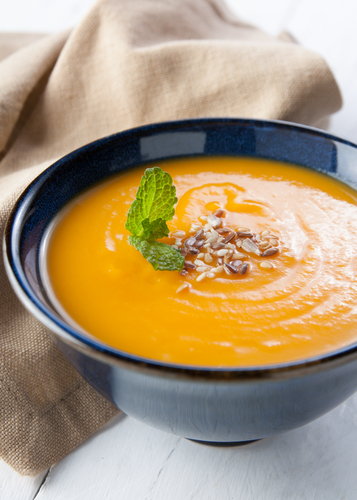
Soup is the best food you can take to relax.
Chicken stock is the best option since it makes your body get rid of many infections and other foreign bodies. You can also add vegetables like tomatoes, green chili, spring onion, capsicum and garlic for a calming effect on your nervous system.
Prefer hot soups over colder ones and those having thin consistency rather than thick pasty ones.
2. Milk
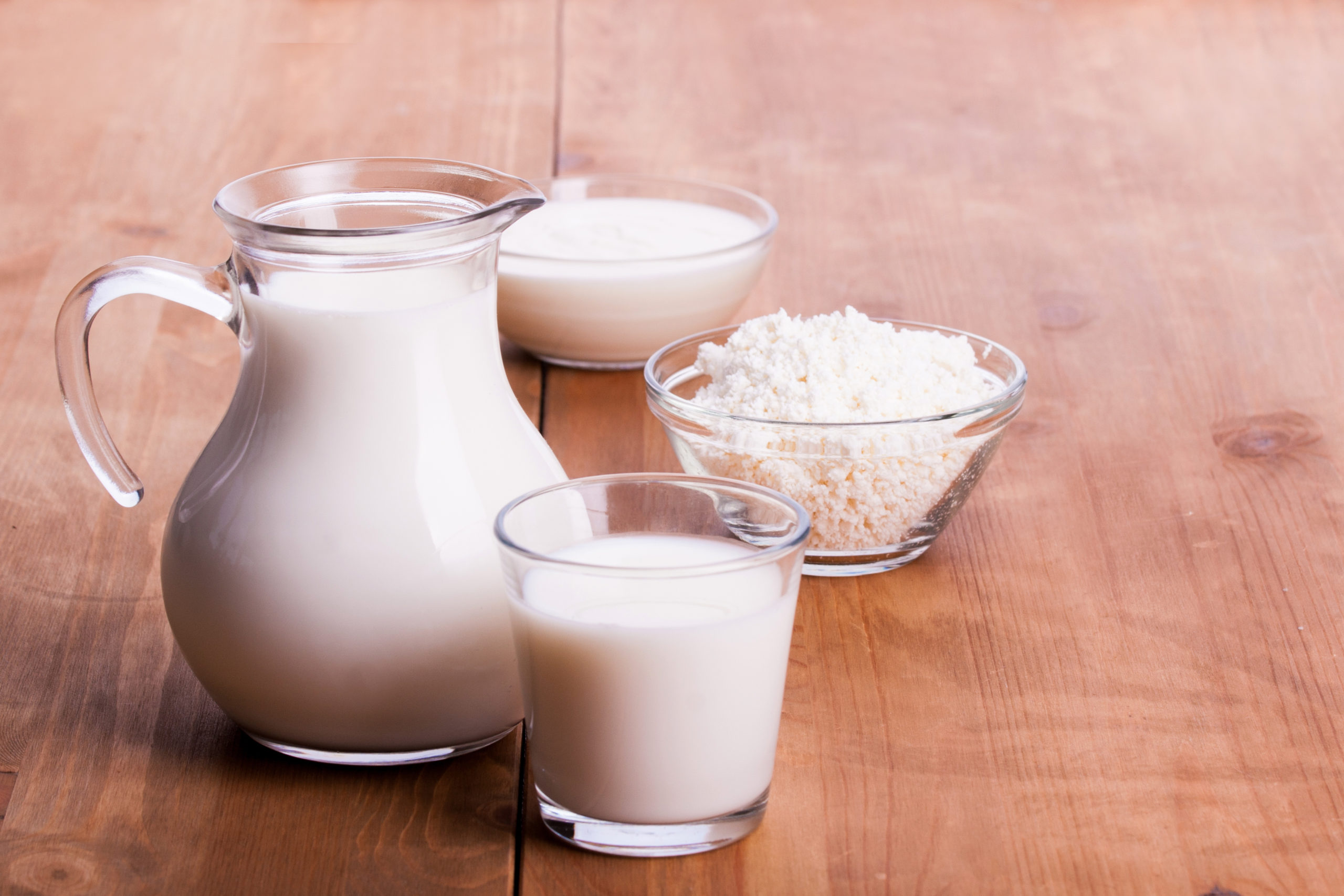
Milk is another beverage that can help you relax, the reason behind taking it at bed-time.
If you need a quick calming effect, reach out for a glass of warm milk (hormone free and organic, of course!) Warm milk is known to contain tryptophan –a compound which helps in the production of serotonin (around 43%).
Serotonin is known to induce a feeling of pleasure along with helping in sleep. You can always take in cold milk during the day to avoid drowsiness for cold milk is still rich in calcium which also induces calmness.
All milk products including ice cream have the same effect but they must be low in sugar content.
3. Free Range or Cage Free Eggs
Just like milk, eggs are a source of amino acids packed with tryptophan which is a relaxing brain chemical.
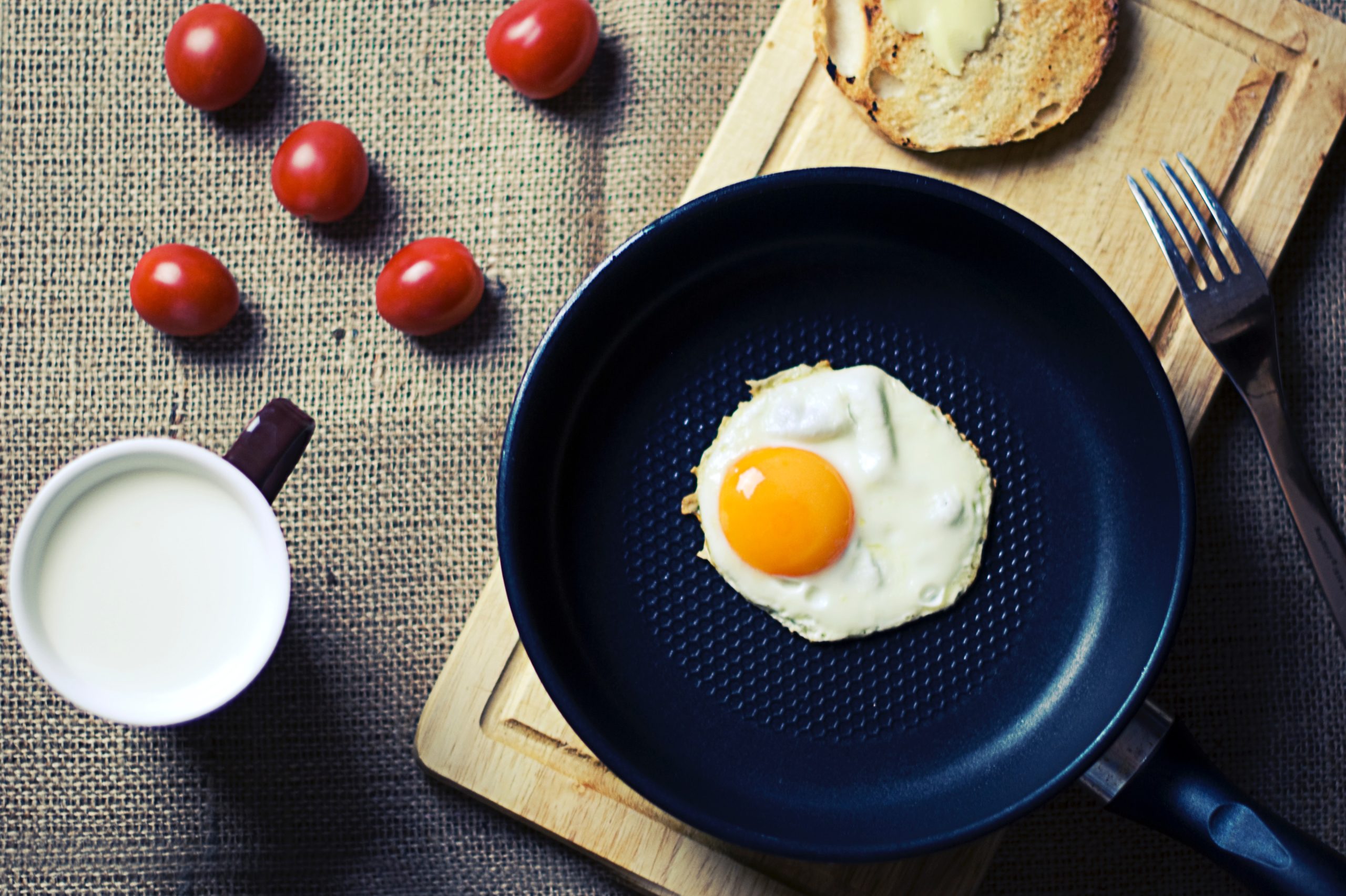
Make sure you include eggs in your diet either in breakfast or as a snack (try a boiled egg).
4. Organic Cheese
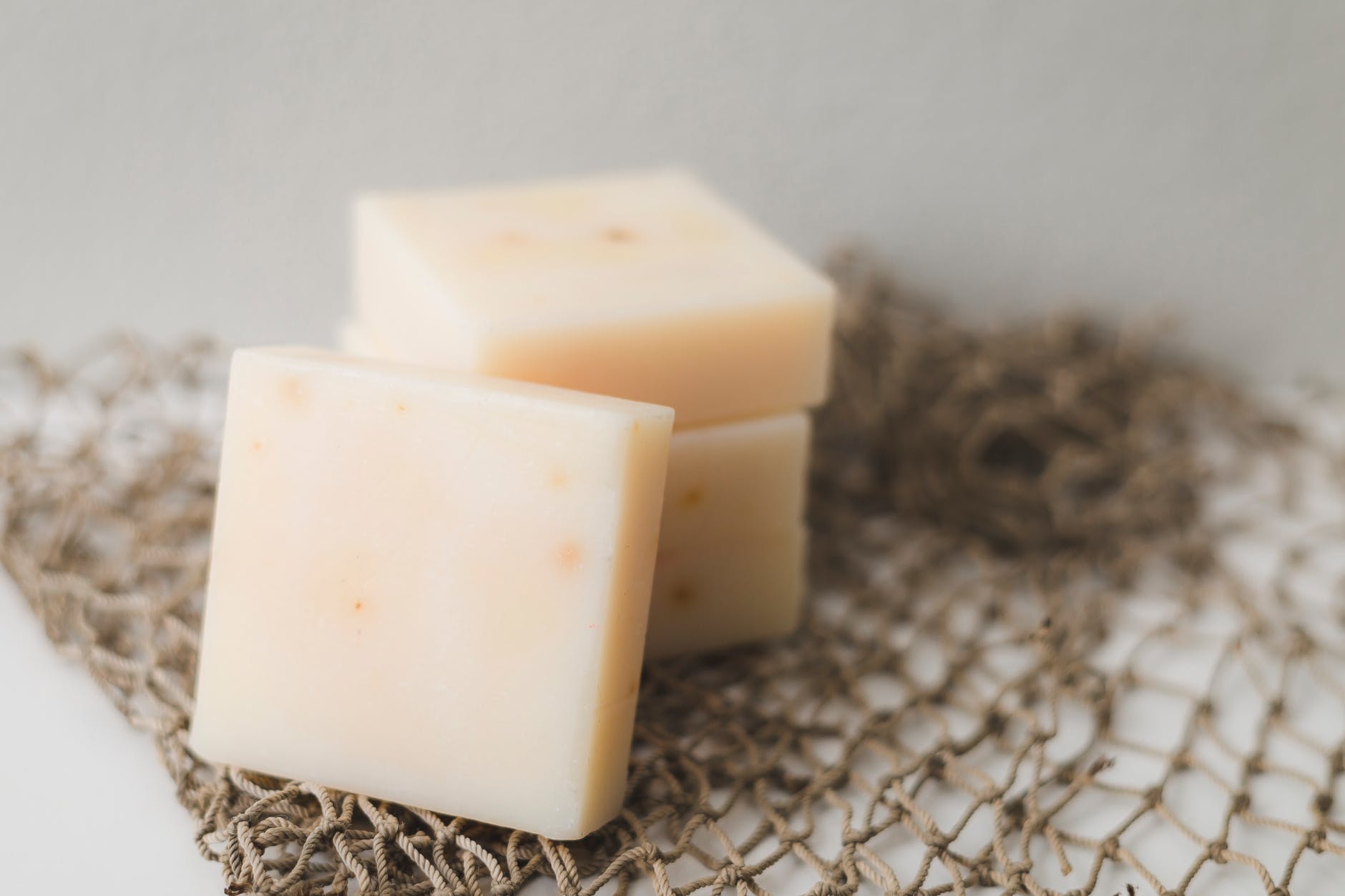
Cheese being classified as a protein source has the same calming effect on your brain as of milk or eggs.Choose cheese types which are high in protein (contains tryptophan ) like Cottage, Cheddar, Gruyere, Swiss, and Ricotta varieties.
Next time you’re making a sandwich, don’t forget to layer some shredded cheese in it.
5. Raw Honey
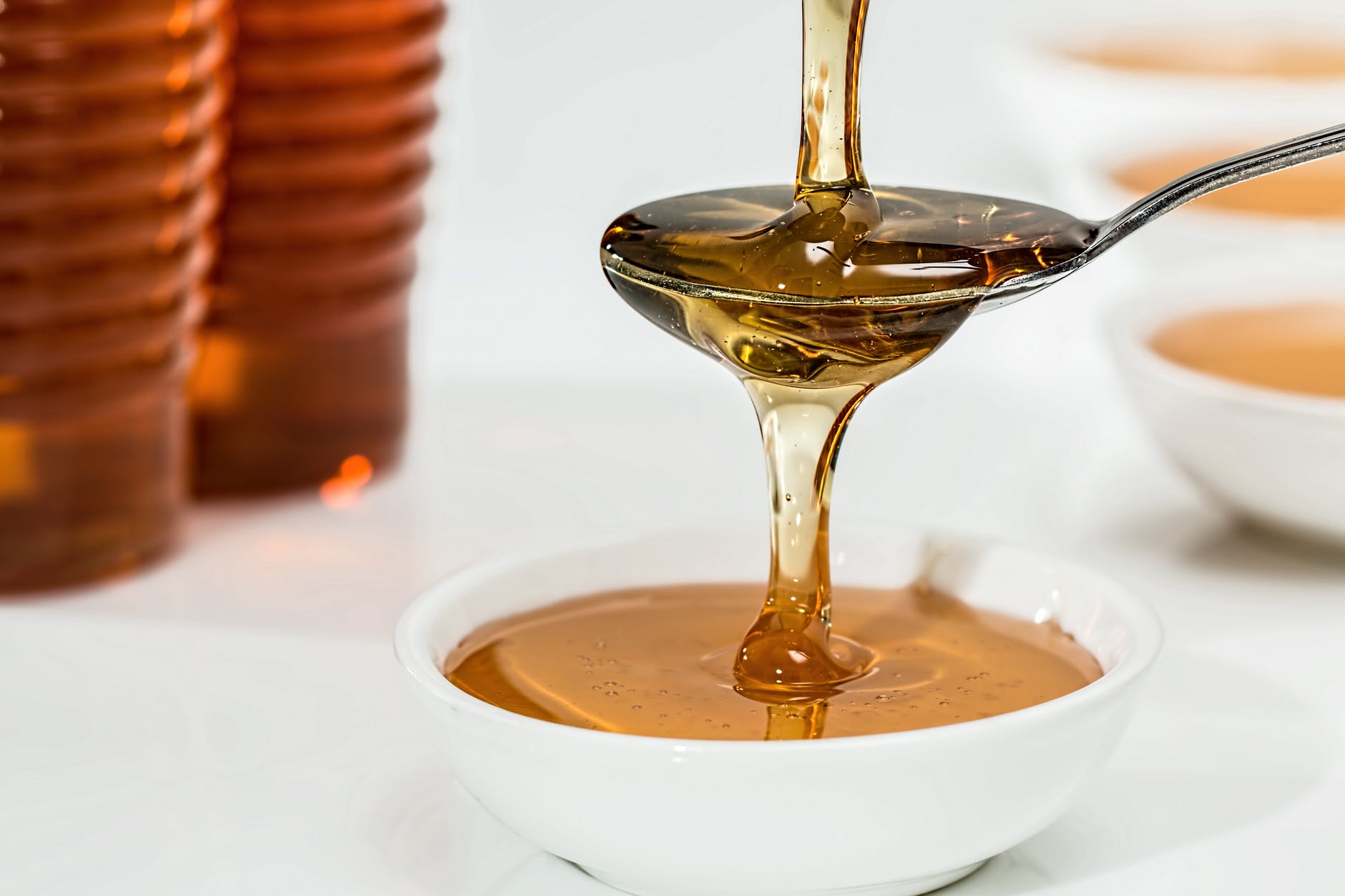
Raw honey in its natural non-additive form is high in tryptophan to relax the body.
Along with tryptophan, the potassium in honey has a soothing effect on the brain and nerves. Potassium works against excessive acids and stress hormones to relax our nervous system.
Research has also shown that glucose in honey interferes with orexin (a neurotransmitter) which helps in keeping you alert. So, make sure you add a spoonful of honey to your cereals, milk, or as a spread in your grain free or sprouted sandwich! (The above picture is of honey that is clarified and processed, not raw. Raw honey is cloudy and opaque).
6. Brown Rice
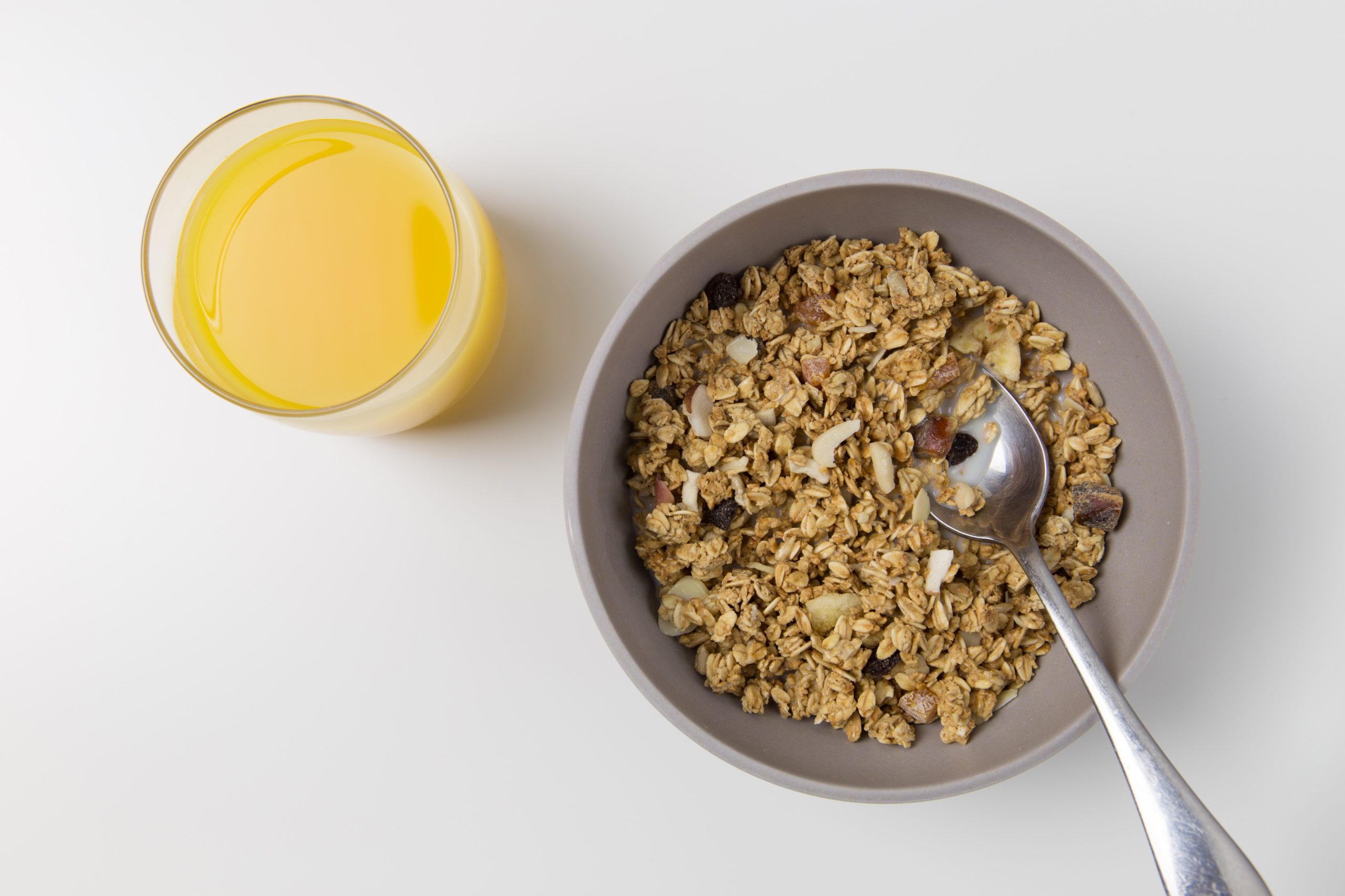
Being a complex carbohydrate, brown rice simulates the release of insulin, which helps sleep-inducing amino acids enter the brain and produce sleep-inducing substances such as serotonin and melatonin.
Same is the function of all other complex carb foods like unrefined grains including oats and wheat, wholegrain pasta, and legumes. The result is a sound sleep, or at least you start feeling relaxed and calm.
7. Nuts & Seeds
Nuts are rich in magnesium, selenium, zinc, vitamin E and vitamin B-complex that help relax the brain when taken in large quantities.
❧ Peanuts and pumpkin seeds
are rich in magnesium but peanuts also have high sodium content which is why they are not good for your health when taken in large amount.
Peanut butter is a good alternative which contains both magnesium and vitamin B6.
Deficiency of magnesium leads to mental retardation while deficiency of selenium has been linked to increased depression and anxiety.
❧ Brazil nuts
are rich in selenium in zinc, and just a handful is enough to fulfill your RDA intake.
❧ Almonds, sesame seeds, and sunflower seeds
are rich in tryptophan which helps in producing serotonin. Almonds are also rich in vitamin E which helps rebuild the cellular damage caused by stress and anxiety.
❧ Walnuts
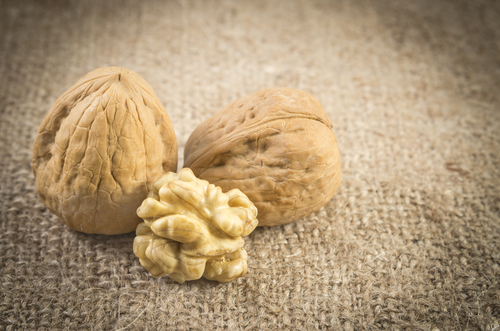
are also rich in magnesium, vitamin B and zinc –all the essential relaxing ingredients. So make sure to keep a blend of these nuts at hand.
8. Wild Caught or Sustainable Seafood
Seafood is rich in magnesium, zinc and selenium, and has the same effect on our nervous system as of nuts and seeds include tryptophan naturally.
❧ Halibut
is high in magnesium.
❧ Tuna, cod, salmon, shrimps and lobsters
are high in selenium content, though not nearly half as much as nuts.
Tuna and salmon are known to fight stress hormones in our body.
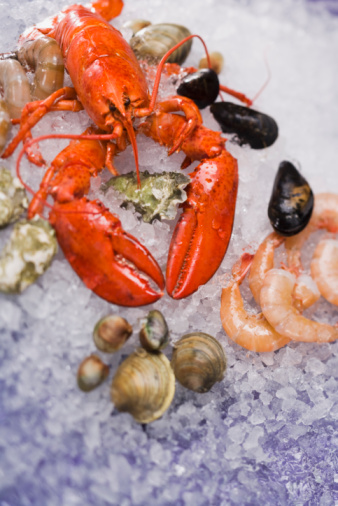
Omega-3 (a fatty acid) is also known to fight stress and help you relax since it triggers brain to produce calming hormones.
❧ Salmon, mackerel, trout, tuna, and sardines
are rich in the omega-3 compound. You can also take in omega-3 through capsules in the form of cod liver oil if seafood is not available.
9. 70% Cocoa Dark Chocolate
Dark chocolate just like other foods is rich in tryptophan, which helps manufacture serotonin, the relaxing compound. It is also known to boost the endorphin and dopamine (amino acids) levels in the brain that result in an enhanced mood.

Research has proven that eating a small amount of dark chocolate daily can lower the level of stress hormones in your body. So eat your chocolates but beware they are low in sugar content and high in cocoa content (around 30:70 ratio).
10. Organic Vegetables
Some vegetables high in magnesium have a relaxing effect on the body like other magnesium-rich foods.
❧ Spinach
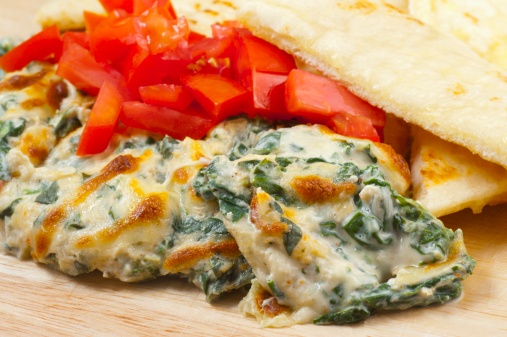
has very high magnesium content and it’s also a good source of vitamin C (another relaxing agent). To keep yourself stress-free, take a cup of fresh spinach leaves or half a cup of cooked spinach.
❧ Broccoli
also helps you relax for it is high in potassium and vitamin C, so don’t forget to include it into your salads.
❧ Mint leaves
is another vegetable/herb which due to its high magnesium content relaxes the brain and helps you more focused. It also reduces the stress associated with muscle cramps and intestinal gas.
So keep a fresh peppermint juice or fresh mint leaves at hand to pop into your mouth during work.
11. Organic Teas
Tea has been used as a relaxant for a long time throughout the world. You can choose either from black, green, or other herbal teas to relax.
❧ Black or green tea leaves
are rich in L-theanine (an amino acid) which contains two sedative flavonoids: apigenin and chrysin. Other herbal teas known to reduce stress and anxiety include basil, lemon balm, valerian and chamomile.
❧ Chamomile tea
has been proven to reduce anxiety and panic in people suffering from a generalized panic disorder, but may not be good for pregnant women.

12. Organic Fruits
Fruits rich in vitamin C are the most relaxing among others for vitamin C in fruits helps in converting tryptophan into serotonin.
Study has shown that an intake of 1,000 mg vitamin C lowers levels of stress hormones in body. So, next time you need to relax, take a bowl full of fruits!
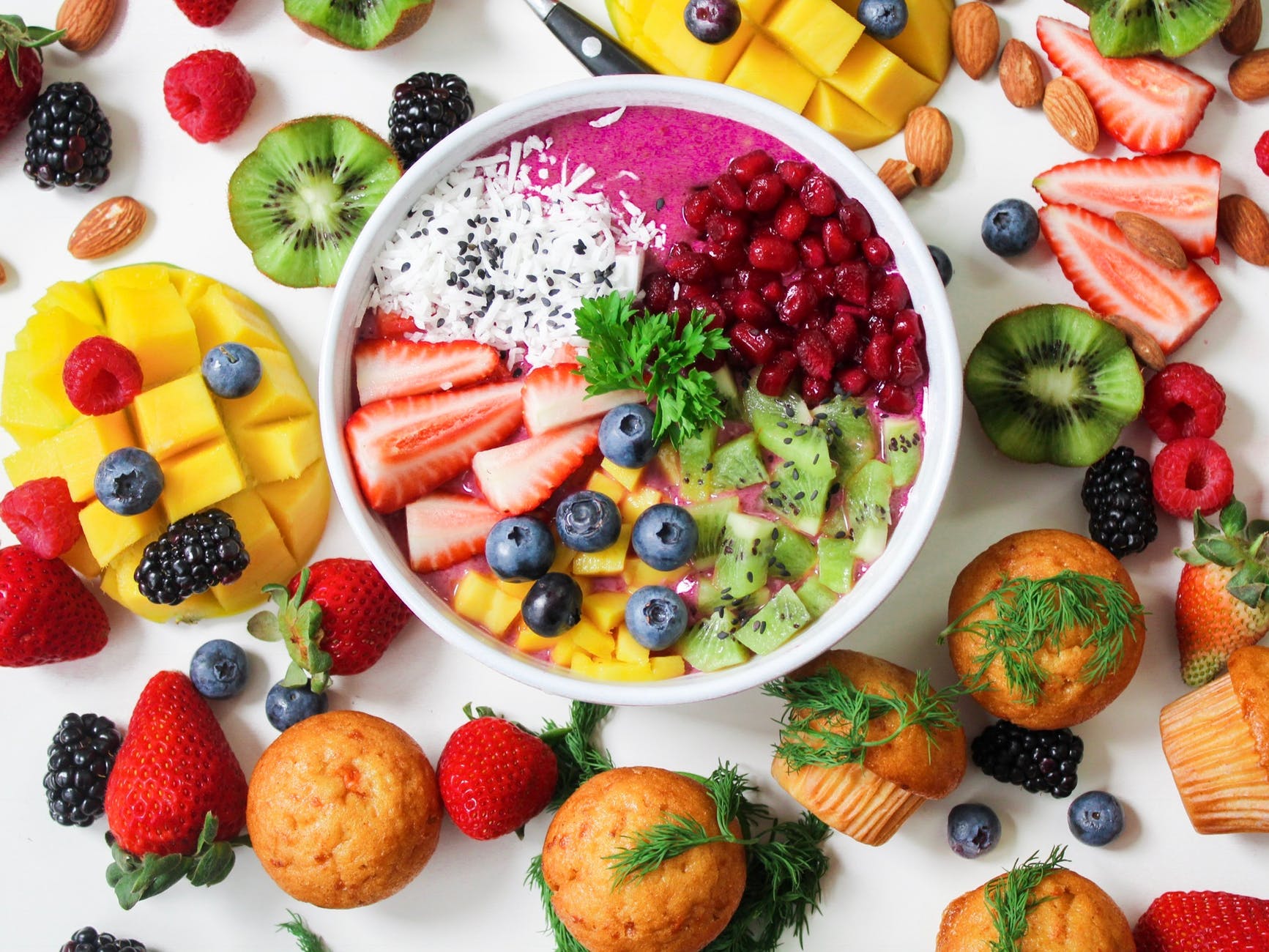
The list of such fruits is quite long:
❧ strawberries
❧ kiwi fruit
❧ dried dates
❧ figs
❧ papaya
❧ cherries
❧ oranges
❧ guava
❧ mangoes
❧ pineapple
❧ berries
❧ grapefruit
❧ bananas
Essential Oils that may elevate serotonin levels:
✪ Valerian Root
✪ Lemon
✪ Lavender
✪ Bergamot
✪ Rosemary
✪ Rose/Jasmine
✪ Melissa
✪ Peppermint
✪ Oregano
Remember:
High-tryptophan foods may:
✩ Help regulate your appetite
✩ Help you sleep better
✩ Elevate your mood
Resources: the conscious life.com, livestrong.com, active.com, Calmclinic.com
